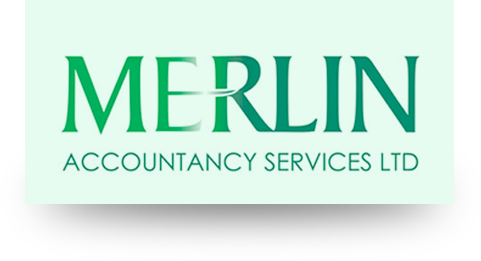As the dust settles on COP26, I’ve been learning about how it will change our world. The media focuses on carbon emissions from transport, power suppliers and large corporations. But what about clients like ours, the SMEs up and down the country who want to do the right thing? They seem to be missing from the stories we see on the TV.
It’s easy to be overwhelmed by the big-picture policies, but we can keep things simple. Both at home and work, there are altruistic reasons for changing our behaviour. There are also business benefits for most clients to commit to the net zero goal, right now. What are those benefits and how can we unlock them?
Keeping customers – and finding new ones
Big businesses now understand that the world is moving fast on carbon reduction. Policy changes are forcing this, and so is the desire to protect their brands and reputations. This is already making the smaller firms around them change. Those supplying the corporate giants must slash their own carbon footprints, or they’ll soon be replaced.
In the consumer world, too, customers want proof that businesses are sustainable and environmentally-friendly. Opinion polls show how important this has become for more and more customers, especially among the millennial and Gen Z generations. If your business doesn’t get on board with this, you could quickly fall behind.
Adapting to customers’ needs and finding new opportunities takes time. But bringing down your carbon footprint is also a day-to-day issue that you can start right away. Done properly, it will help you save money on heating bills, travel costs, and materials that end up being thrown away.
What can your business do?
Here are a few pointers to get you started. Below them is a quick case study of a client who learnt some valuable things about a greener way of getting around.
Work out your carbon footprint
Your business’ carbon footprint includes vehicle emissions and energy consumption, and indirect things like the goods or services you buy. Measuring it sounds hard. Don’t be put off though, as you have to start somewhere and there are free resources to help. A good place to start is the Carbon Trust’s guide.
As business gurus are fond of telling us, “What gets measured, gets managed.” When we can see our carbon footprint, we know where to start – even if our workings aren’t perfect.
Book an energy audit
Taking an energy audit is helpful in driving savings in gas, electricity and some capital projects. It brings a magnifying glass to your energy usage. Armed with this knowledge, there are two things you can do.
First, you can find ways of improving energy efficiency – perhaps adding LED lighting or better insulation. Second, you can switch to energy made in low or zero-carbon ways.
This can be done by buying a renewable energy tariff. Some innovative businesses go even further and become self-sufficient microgenerators (with solar panels, for example).
Get these net-zero targets into your business plan
When we talk with our clients about sustainability, this no longer feels like a ‘nice thing to do’. We must build it into our business plans, as we would any objective. At Merlin, we can act as ‘numerate friends’ for our clients and help put the right numbers to these changes.
Initiatives like the UK Business Climate Hub are supported by the government and available for everyone. This offers small businesses guidance on setting net-zero targets, measuring emissions, and developing strategies for carbon reduction. It looks like a good way of structuring your commitments and keeping on track.
Engaging your employees
As you get net-zero targets into your business plan, you can start to explain what you want from your team. Getting your employees on board with carbon reduction will make a big difference, generating new ideas and helping you to manage change. Business benefits aside, we’ve seen our clients’ attitudes to sustainability shifting. Clients say they know a bit about the options and, “Well I’m a mum and a grandmother, and I just want to do it.”
Case study: Buying an electric car
One of our clients decided to buy a new car. They looked at buying it through their company, but the tax liability (the benefit-in-kind) was high. It’s typically better to buy a car with personal funds and charge mileage to the company. But how different would the numbers be for an electric car?
- Benefit-in-kind. Charged at just 1% for an electric car. That’s just £55.20 for an e-Golf versus £1,392 for its petrol equivalent.
- Fuel for private use. An electric car has no taxable benefit-in-kind on electricity provided by an employer (unlike petrol or diesel).
- Offsetting against profits. An electric car and its VAT can be set against taxable profits in the first year. A £40,000 car could mean tax relief of £7,600.
- No road tax. Electric cars don’t attract any road tax – and are also exempt from congestion charges (£11.50 a day in London).
- Free – all summer long. With solar panels at their home, this client could charge the vehicle for free from April through to October. To imagine how that feels, look at the fuel prices at the pumps next time you visit!
Best of all, that’s one more polluting car off our roads and a welcome milestone in the client’s company reaching net zero.
Conclusion
There’s never been a better time to look at your business plans for a greener and more sustainable way of working. As you do so, please check in with the team at Merlin. Your circumstances should always be considered on an individual basis, to determine the right choices for your business. Remember that, as a client, there’s no extra cost for some quick advice.

